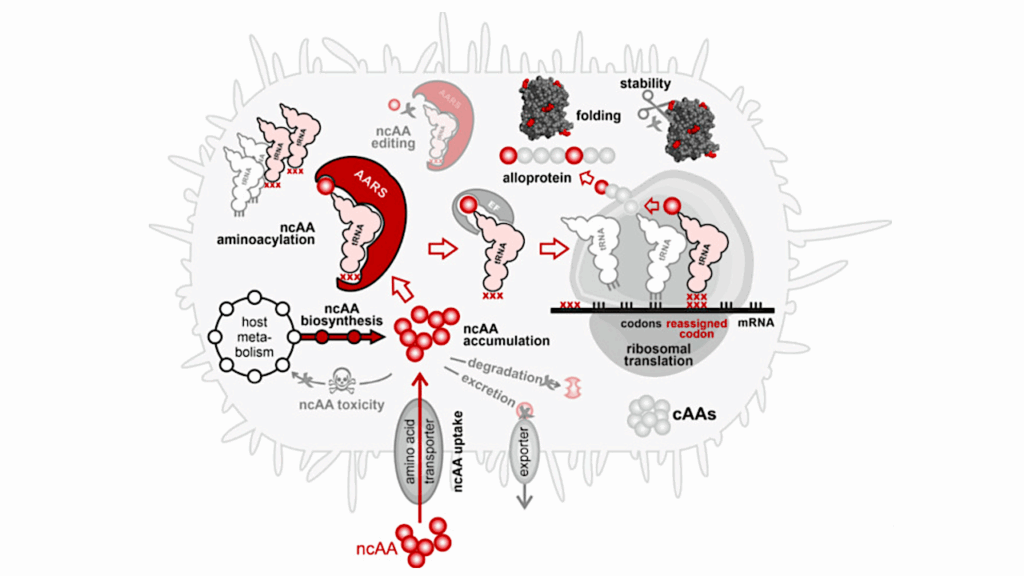Germicidal Ultraviolet Light Biofilm Inhibition (GULBI) Experiment in Microgravity

The Germicidal Ultraviolet Light Biofilm Inhibition (GULBI) experiment was launched to the to the International Space Station National Laboratory on Northrop Grumman-23.
Biofilms form very easily in microgravity and can lead to equipment failures and human health risks. Biofilm in space is being studied with a new method involving germicidal ultraviolet light (UV-C)
The bacterial pathogen P. aeruginosa was be seeded into the BioCells on orbit and grown under different levels of UV light that is delivered via optical fibers into the bioreactors before samples are returned to Earth for analysis.

Individual components of hardware for the GULBI investigation, which examines how microgravity affects the ability of a type of ultraviolet (UV) light to prevent formation of large communities of microbes called biofilms. Credit: Arizona State University larger image
Astrobiology, space biology, microbiology, microgravity,








